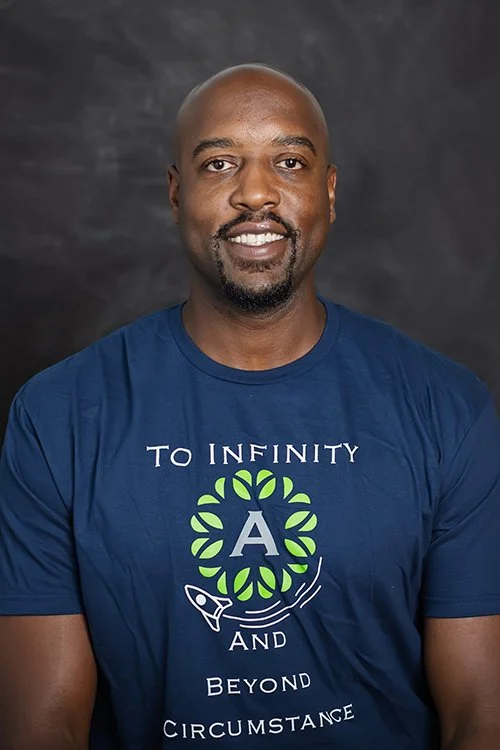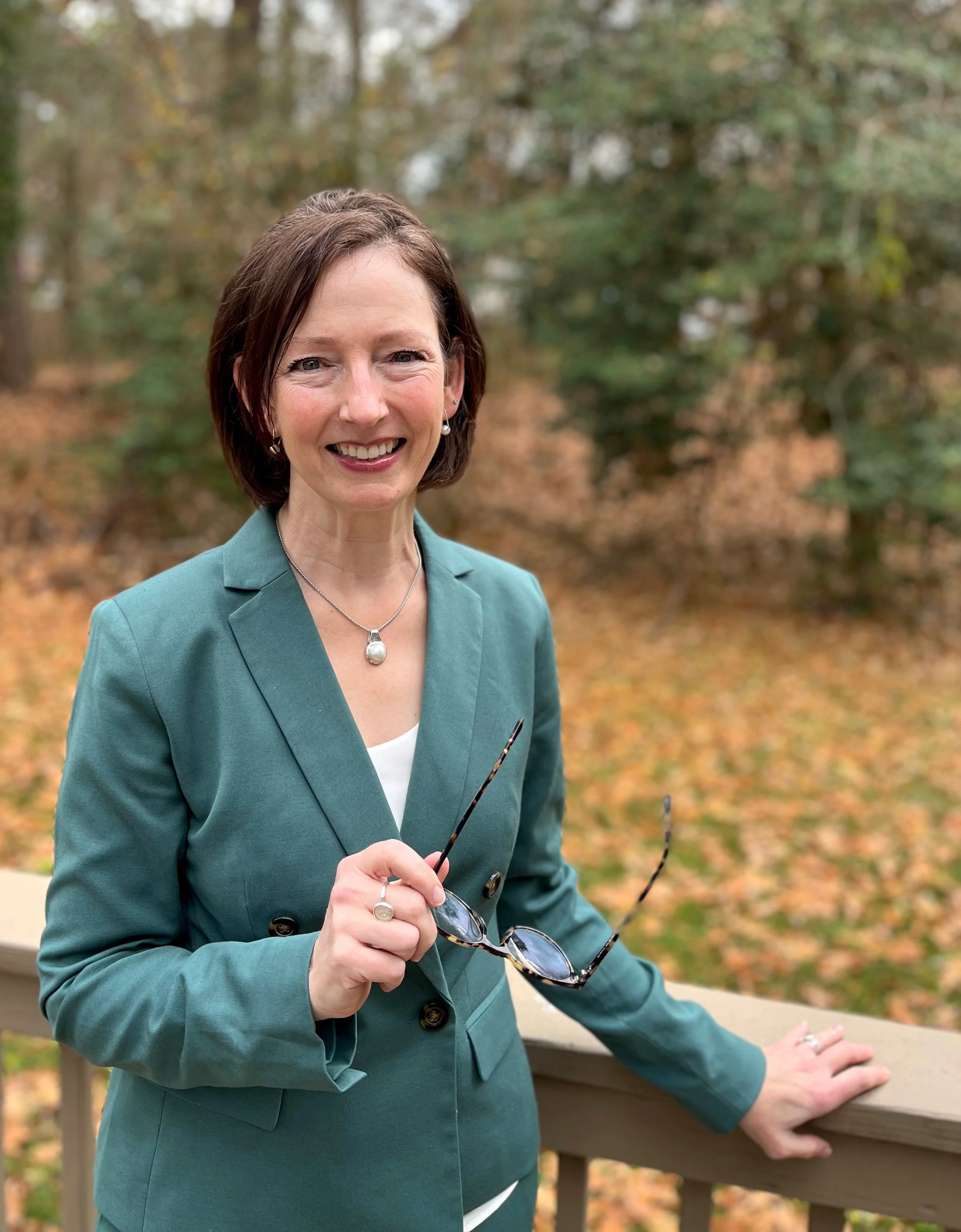
SUMMIT SPEAKERS
Hear the stories and strategies of language and literacy leaders
Keynote Speakers
Dr. Paige C. Pullen
PRESIDENT — Pullen Education Strategies
SENIOR ADVISOR — Deal Center
Paige's academic background includes a Ph.D. in Special Education with a specialization in Early Childhood Special Education and Learning Disabilities from the University of Florida. She is a nationally and internationally recognized education leader with deep expertise in literacy research, andragogy development, learning disabilities, dyslexia, and systems-wide transformations.
-
Dr. Pullen’s presentation explores the intersection of the Science of Reading—a body of evidence-based practices focused on how individuals learn to read—and the Science of Learning, which emphasizes cognitive principles and how the brain acquires knowledge.
By synthesizing these two fields, we can create instruction that is both research-informed and practical for educators. Participants will examine key theories, such as orthographic mapping and explicit instruction, and learn strategies for implementing structured literacy practices that align with cognitive principles like reducing cognitive load, providing immediate feedback, and fostering long-term retention.
Through real-world examples and actionable insights, attendees will leave with a toolkit for applying these sciences to support diverse learners effectively.
Dr. Kelly B. Cartwright
SPANGLER DISTINGUISHED PROFESSOR, EARLY LITERACY — University of North Carolina at Charlotte
Kelly directs READLab and studies the neurocognitive and affective factors that underlie reading processes and difficulties from preschool through adulthood. Her book, Executive Skills and Reading Comprehension: A Guide for Educators, is the first comprehensive text at this intersection. She regularly works with educators throughout the U.S. to better understand and improve reading, and these experiences inform her research.
-
In this session, we will dig deeper into familiar skills and explore essential thinking skills, called executive skills, that support successful reading. Executive skills are self-regulatory skills that help students manage their thoughts, emotions, and actions, and include things like working memory, inhibitory control (or self-control), and mental flexibility. These skills are often invisible to teachers and students. However, when students have weak executive skills, the results are often painfully obvious in the classroom. In fact, students who struggle with reading comprehension, despite appropriate word reading skills, show deficits in executive skills that can persist into adulthood! The good news for educators is that executive skills within reading can be taught, resulting in improvements in these and in reading comprehension.
In this session, participants will learn
more about executive skills,
specific ways that they support skilled reading, and
research-tested strategies for assessing and strengthening students’ executive skills.
By synthesizing these two fields, we can create instruction that is both research-informed and practical for educators. Participants will examine key theories, such as orthographic mapping and explicit instruction, and learn strategies for implementing structured literacy practices that align with cognitive principles like reducing cognitive load, providing immediate feedback, and fostering long-term retention.
Through real-world examples and actionable insights, attendees will leave with a toolkit for applying these sciences to support diverse learners effectively.
ASHLEY MENGWASSER
EMCEE
Image by Danny Delgado
Host, Writer, and Executive Producer
Ashley Mengwasser is an eight-time Emmy Award winning media talent. She began her 14-year career in television hosting GPB’s popular series Georgia Traveler. Segment highlights include skydiving with grandma, boxing with an Olympian, ballroom dancing, and a ghoulish zombie transformation.

Spotlight Speakers
Dr. Kristen Sayeski
Dr. Sayeski is a professor in the Department of Communication Sciences and Special Education and coordinator of the Dyslexia Endorsement and Certificate program at the University of Georgia. Dr. Sayeski has published numerous peer-reviewed articles, book chapters, and other scholarly works, including forwards to books and open-access instructional videos.
She received the 2023 Leadership in Literacy Award from IDA-GA for her role in developing exceptional teacher training and professional development programs for the state. Dr. Sayeski’s book, Unraveling Dyslexia: A Guide for Teachers and Parents (2024), reflects her overarching professional mission to translate findings from research into practical guidance for teachers and families.
Dr. Caitlin Dooley
Caitlin McMunn Dooley, Ph.D., is a professor and department chair at the Department of Early Childhood and Elementary Education at Georgia State University. She served as Deputy Superintendent for Teaching and Learning for the Georgia Department of Education.
She has worked as an elementary classroom teacher, teacher educator, educational researcher, and professor at Georgia State University. Since earning degrees from the University of Virginia and the University of Texas, Dr. Dooley has authored over 50 publications and led and evaluated funded research projects totaling over $70 million to investigate children’s literacy learning and instruction, digital literacies, teacher learning, and education policy.
Dr. Kristina Dandy
Dr. Kristina Dandy is a Professor of Psychology in the Department of Psychological Science at Georgia College & State University. She serves as a faculty affiliate for the Sandra Dunagan Deal Center for Early Language and Literacy.
She earned her master and doctoral degrees in Experimental Psychology from Texas Christian University. She currently represents Baldwin County on the Georgia State Superintendent Parent Advisory Council and chairs the Lakeview Primary School governing board. Her research can be found in The Georgia Journal of Literacy, The International Journal of Teaching and Learning in Higher Education, and the Journal of Behavioural Pharmacology.
Julie Sirmans
Julie Sirmans is Program Director at the Sandra Dunagan Deal Center for Early Language and Literacy.
Sirmans has over 25 years of experience in public and private education. She’s served as a teacher, consultant, specialist and assistant principal in the education field. She holds a bachelor’s in music education, a master’s in early childhood education and an education specialist’s degree in educational leadership.
-
Dr. Sayeski will present findings from an innovative university-practice partnership involving faculty at the University of Georgia who partnered with colleagues at ReadSource/The Schenck School to provide an intensive, early literacy summer program. The program included professional development for UGA teacher candidates (n = 10), who then provided a free, intensive (30 hours) literacy intervention to Atlanta-area rising first through third-grade students (n = 30) who had demonstrated reading difficulty or disability.
-
How do coaches help implement Georgia's literacy laws? Coaching is seen as one of the most effective forms of professional learning (Darling-Hammond, 2017; Ippolito, Dagen, Bean, 202). The literacy coach’s role is to support professional learning for teachers of literacy through demonstration, modeling, and coaching as well as leading training sessions and workshops.
Coaching takes on many forms, from intensive technical assistance to less intensive relationship building (Walpole & Blaney, 2008). The presentation will describe two coaches' experiences implementing Georgia's literacy laws in a rural school that was identified as needing targeted assistance.
-
Dandy will discuss the results of a pilot study assessing current caregiver and child reading engagement at a local Early Learning Center in Baldwin County, Georgia during the 2023-2024 school year. I will provide insights into the present state of reading interactions at this site. Further, we will explore how implementation of the Ferst Reader's program impacted engagement with books by caregivers and their pre-school aged children. The presentation will also highlight the importance of needs-based delivery of evidence-based programming supporting early language and literacy.
-
Summit Panelists
-

Julie Walker
STATE LIBRARIAN, VICE CHANCELLOR FOR LIBRARIES AND ARCHIVES — University System of Georgia
Julie is immediate past president of the Chief Officers of State Library Agencies. She serves as a member of the Board of Visitors of the UNC- Chapel Hill’s School of Information and Library Science, the advisory board of Valdosta State University’s School of Library and Information Science, and the advisory committee of UGA’s Certified Public Manager program. Julie was recently appointed by Governor Brian Kemp to serve on Georgia’s Council on Literacy. She is vice chair of the Georgia Certification Board for Librarians, and serves on Georgia’s Digital Connectivity Advisory Council.
-

Amy Denty
DIRECTOR OF LITERACY — GaDOE
A teacher at heart, Denty has taught various subjects from Pre-K to 8th grade and was recognized as Georgia Teacher of the Year in 2000. She received the Milken Educator Award and Presidential Award for Excellence in Science. As an Assistant Superintendent, she championed the science of reading and structured literacy for her district.
-

Ray James
HEAD OF SCHOOL — Boyce L. Ansley School
James is a critically conscious and outcomes-driven educational leader with 15 years of experience in various roles in formal and informal education settings. He holds degrees from Louisiana State University and is passionately committed to fostering educational equity and supporting the limitless potential of all children. Under his leadership, The Ansley School provides holistic educational & family support to children experiencing homelessness, emphasizing the transformative power of structured literacy and a radical human-centered belief.
-

Dr. Dana Rickman
PRESIDENT — Georgia Partnership for Excellence in Education
Rickman joined Georgia Partnership in July 2011 after serving as the Director of Research and Policy at the Annie E. Casey Foundation – Atlanta Civic Site. She has worked for more than 10 years at Georgia State University conducting research on education programs within Georgia. She holds a Ph.D. from Georgia State University in Political Science and a bachelor’s from Mary Washington College. She has authored multiple articles in peer reviewed journals and book chapters related to education policy and for over ten years served as the primary author of the Georgia Partnership’s annual Top Ten Issues to Watch report.
BREAKOUT SESSION FACILITATORS
-
Director of Youth Services at the Georgia Public Library Service
Beyond the Page: Fostering Engagement and a Love of Reading with Picture Book Conversations
Attendees will actively participate in learning how to turn picture book read-alouds into rich, engaging discussions that allow children to delve more deeply into the stories they encounter. This approach helps children find meaningful connections to their own lives and experiences, foster growth, understanding, and ultimately develop a love of reading.
-
Director of Academic Programs for ReadSource
The Fluency Bridge: Connecting Decoding to Comprehension
Individuals who read less, often due to factors like dyslexia, race, or socioeconomic status, have fewer opportunities to develop fluency, which in turn limits their vocabulary and background knowledge. This interactive presentation aims to discuss the importance of explicit fluency instruction utilizing a content-rich curriculum, explain techniques to build comprehension through fluency instruction, and share strategies for integrating fluency instruction into the classroom.
-
Founder and Lead Consultant of SoR for More
How to Train Your Reading Brain
Browning will cover topics including: learning to read simulation, reading is not natural, developing the reading brain from the language brain, understanding the processors in the reading brain, how to rewire your brain for deep reading, and structured literacy practices to develop the reading brain.
-
Coordinator of The Basics for Richmond County
Heritage will share The Basics of Richmond County, and how these five research-based principles for children birth through age five can help to better prepare students and their families to be ready for kindergarten.
-
State Literacy Coaching Coordinator for the Georgia Department of Education
Literacy Coaching: Setting Coaches and Teachers Up for Success
Philmon will share six building blocks for a coach's weekly schedule and differentiated options to create a coaching menu. Content will draw from Student Focused Coaching and work Philmon’s done with the CSI structured literacy coaching cohort. He will share possibilities but also provide time for participants to create a contextualized version of both components for themselves.












